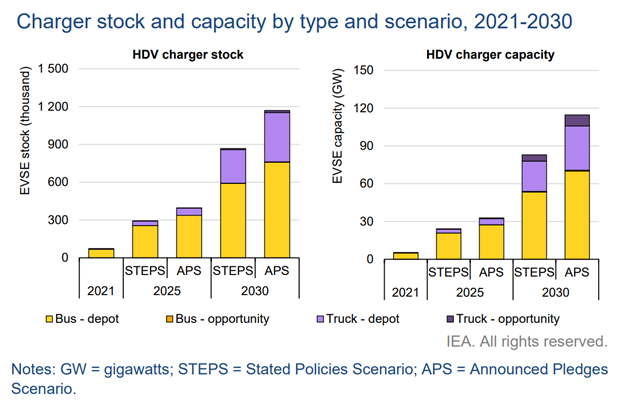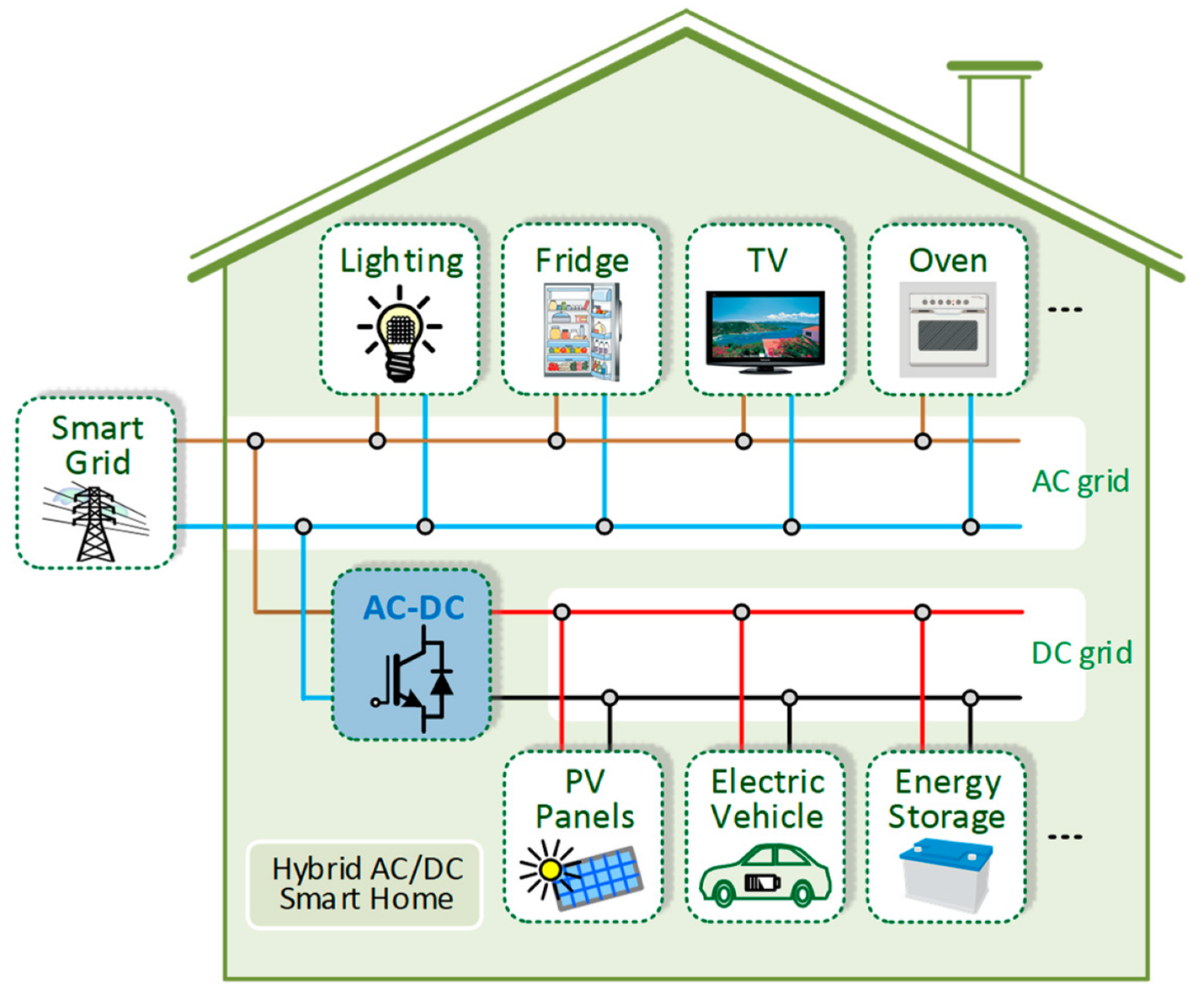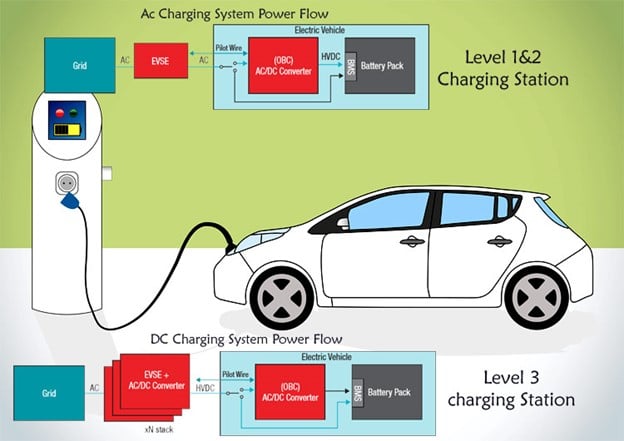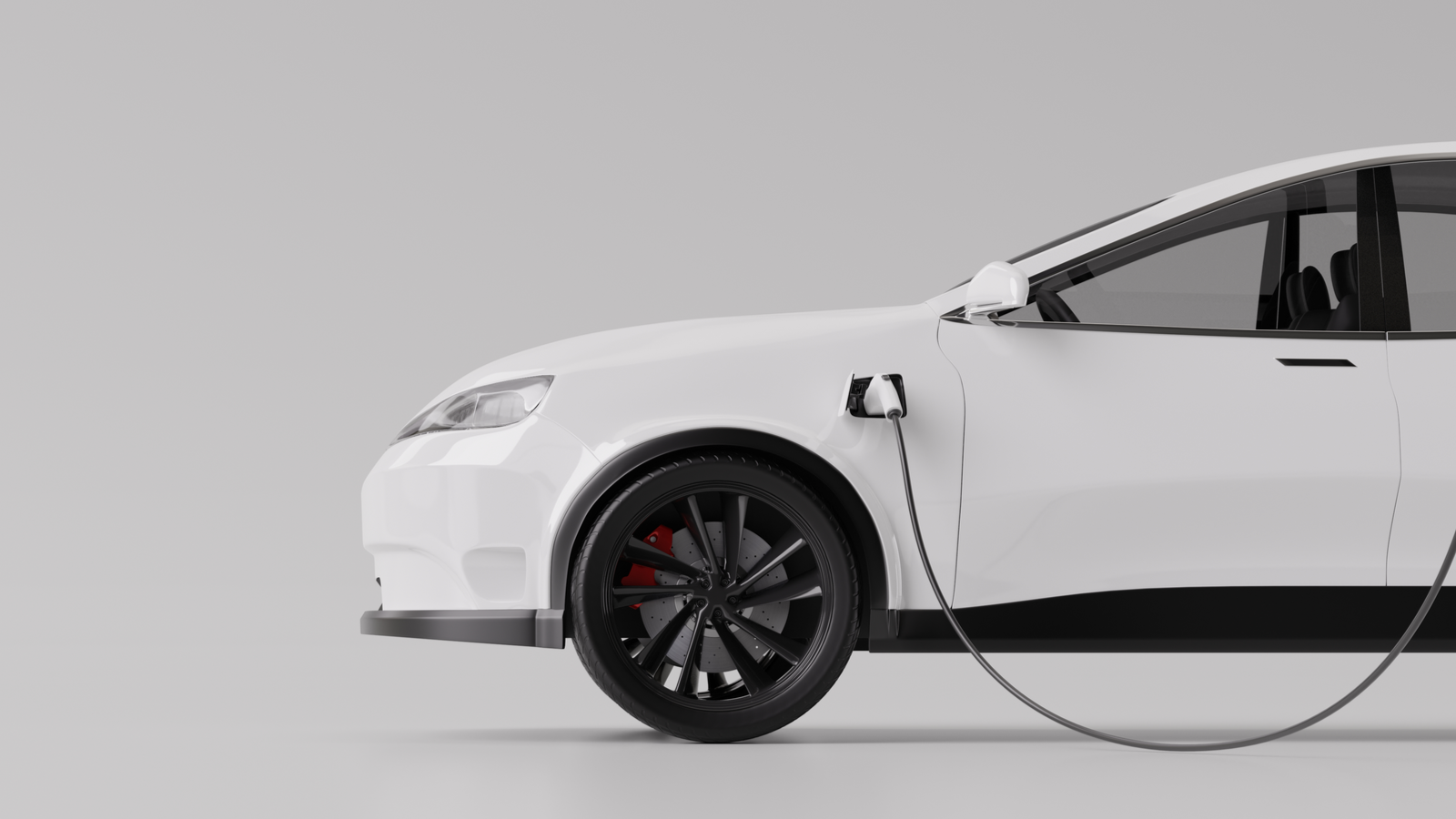[Editor’s note: This story was previously published in July 2022. It has since been updated to include the most relevant information available.]
You feel that? That’s what it feels like when a bear market turns into a bull market.
Over the past six weeks, stocks have rallied big, and multiple technical and fundamental indicators suggest this isn’t just another bear market rally. The rally is too widespread, too big, on too much volume and with too many favorable fundamental developments behind it to be just another dead-cat bounce.
Instead, this is likely the start of a brave new bull market.
If so, there’s a lot of money to be made over the next 12 months in high-growth stocks. Those stocks have a tendency to charge 100%, 200%, and even 500% higher in the first few quarters of a new bull market.
My favorite high-growth stocks for this new bull market boom? Electric vehicle charging stocks.
Why? Because the EV sector is on fire now. I’ll give you an example.
Just two days ago, U.S. legislators agreed to fully support a new federal bill which will pour almost $400 BILLION into the energy sector over the next few years, with the bulk of that spending going towards clean energy projects and EV infrastructure.
Another example: A week prior, we learned that global EV sales surged 56% higher in June to record-levels, even while the global economy is significantly slowing.
Folks, the time has come to go “all-in” with EV stocks – and the best type of EV stocks to buy today are EV charging stocks.
The Case for EV Charging Stocks
Let me ask you a question: What good is an EV without charge?
No good at all – it’s pretty much useless. And that, folks, is the basis for why you should invest in EV charging stocks. They are necessary to the mass deployment of EVs.
Here are the numbers.
Currently, there are about 130,000 EV charging ports across the U.S. That may seem like a big number, but we’ll need a lot more if everyone’s going to be driving an electric vehicle by 2030.
The International Energy Agency estimates that the number of EV chargers globally is going to have to increase by 12X by 2030 in order for companies and governments to reach the low-end of their targets for 30% of new car sales to be electric by then.

Said differently, the EV charging market is going to explode in size over the next decade. As it does, it will lay the foundation for the whole EV market to explode in size.
That’s why we’re excited about buying EV stocks here and now. They’ve been beaten up alongside every other stock in the market. But, unlike every other stock in the market, EV stocks are on the cusp of generational hypergrowth in the coming years.
Time to buy the dip? We think so.
Gaining an Edge in EV Charging
Considering what you just read, you’re probably thinking that it’s time to rush out and load up on some EV charging stocks, right?
Not so fast.
There are lots of EV charging companies out there today. Not all will make it. Indeed, only a handful will make it big. Most will fail. So, it’s important to make the distinction to buy the best EV charging stocks.
To know which are “the best,” we need to first understand EV charging technology.
That analysis starts with one fundamental question: How does electricity work?
In short, we generate energy at a power source, like a coal-fired power plant or a solar farm. Then, we promote the flow of electrons (charged particles that carry electric power) from that power source to the rest of the world via wires. This flow of electrons is called a “current.”
That current can take two forms: alternating current (AC) or direct current (DC). DC is a direct constant flow of electrons through the wire. It results in heavy power delivery but also in significant drain on the grid. AC is an oscillating flow of electrons that results in lower power delivery but a much more manageable load on the grid.
Since the grid has always been load-constrained, society decided long ago to build it on AC. But today’s batteries can only store power as DC. Indeed, AC is physically impossible to store.
That’s why most consumer electronics devices – like laptops – come with power cords with big “boxes” in the middle of them. Those boxes are AC/DC converters, which convert the AC power from the grid to DC power that can be stored in your laptop.

EV charging works in much the same way.
EV chargers plug into the grid, which provides AC power. That AC power is then pumped into the EV. On board every EV, there is an AC/DC converter that transforms the AC power from the charger into usable DC power, which is then stored in the car’s battery.
Simple enough, right?
How to Pick the Best EV Charging Stocks
Understanding how EV charging works isn’t all you need to know to pick the best EV charging stocks. You also need to know the different types of EV chargers out there so that you can pick the companies that make the most useful and highest-quality products.
There are two classifications of AC electric vehicle chargers – L1 and L2.
L1 chargers are the most basic . They’re slow but really cheap. They’ll give you about three to five miles of EV range per hour of charging. Given that they’re low-cost, low-performance in nature, L1 chargers are common as residential solutions. Bu they’re very rarely used beyond the home.
L2 chargers are a big step-up from L1s . They’re much faster but also much more expensive. They’ll give you around 30 miles of EV range per hour of charging. These L2s constitute the majority of chargers on the road today.
Now, there are also DC fast chargers. These are fundamentally distinct from AC chargers. They have built-in AC/DC converters, which convert AC power from the grid into DC power within the actual charger itself. What this enables, then, is for the charger to pump DC power directly into an EV battery, completely bypassing the AC/DC converter in the car and, therefore, resulting in a far more powerful charge.
These chargers are really fast — and really expensive. As a result, they can give you over 100 miles of EV range per hour of charging. But there aren’t many of them on the roads these days — a few thousand across the whole U.S.

Considering this context, it’s important to understand that the future of the EV charging landscape will be a mix of mostly L2 chargers throughout urban areas with some DC fast chargers on interstate highways.
That’s because L2 chargers are good enough. The reality is that the enormous shift from gas stations to charging ports will be accompanied by an equally enormous paradigm shift in where we “fill up” our vehicles.
Since EV chargers are tiny and can be built anywhere there’s an electric connection, the days of dedicated gas stations are over. You won’t see EV charging stations replace gas stations. You’ll see gas stations become extinct. And EV charging ports will pop up everywhere from your gym parking lot to your local grocery store and mall lots.
The result? You’ll constantly be charging your EV on the go. So long as you aren’t traveling hundreds of miles and/or between cities and states, L2 chargers will do the job just fine because you’ll be charging every time you’re grocery shopping or working out.
For those long road trips… well, that’s where DC fast chargers will be super useful.

Oh, and charging costs money… about $2 per 30 minutes of L2 charging in a public lot. To that end, the future of EV charging is super clear. Millions of L2 chargers will pop up across every parking lot in urban and suburban America, while DC fast-chargers will replace gas stations on interstate highways. And consumers will foot the bill for all of it.
That’s the future.
So… which EV stocks should you be buying right now to play that future?
The Final Word
At Hypergrowth Investing, we leverage a team of technology stock experts – including software engineers, data scientists, seasoned traders, and economists – to understand technological megatrends at their most fundamental level. We don’t just listen to management teams and read investor decks. We break down every company’s underlying technology at its most elementary level to assess its validity and capability – and its potential to change the world.
And we do this across every industry, for every technological breakthrough, and with every company. The end result? We identify early-stage hypergrowth tech stocks set for enormous long-term returns.
And… in the EV industry… we’ve found one stock that has developed astoundingly superior and creatively unique technology which should enable it to become a dominant tech supplier for the whole EV industry.
The best part? The company may have a secret partnership with Apple (AAPL) in the works since Apple is – as you may know – on the cusp of launching an iPhone-like autonomous electric car.
From current levels, this stock is a potential 40X investment opportunity. Find out how it could be the key company behind Apple’s next big product launch.
On the date of publication, Luke Lango did not have (either directly or indirectly) any positions in the securities mentioned in this article.
